There are a lot of different programming languages; however, not all of them are suitable for your projects. Have you ever wondered which is the fastest language? Let’s examine some of the fastest languages you could run into and the applications they serve! Find out by reading more!
The fastest programming languages are C, C++, Python, Java, Rust, Julia, Node.JS, Go, and more. Why are these languages faster than others?
Let’s find it out!
1. C++
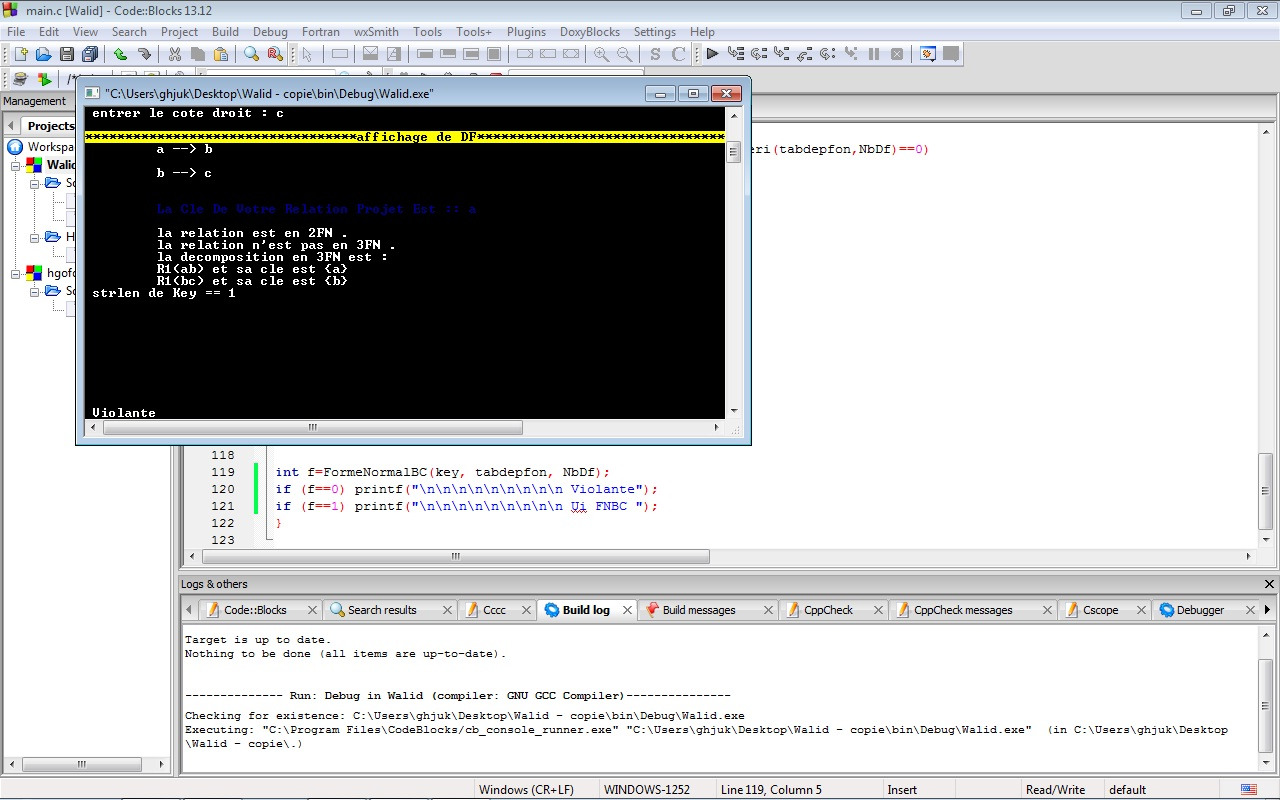
C++ is one of the quickest and most effective languages. Task parallelism makes C++ the fastest programming language.
That feature enables many functions to run concurrently and provides multi-threading. Due to its swift execution and Standard Template Libraries, programmers frequently utilize it in competitive environments.
Nowadays, C++ is highly sought-after by developers. Its outstanding performance and scalability are the reasons it keeps growing in popularity.
It is easy to use, even for those unfamiliar with programming. Additionally, it is completely adaptable and can satisfy the needs of any project, regardless of size.
You can also learn C++ coding style. Besides, it is also commonly used for teaching purposes in schools worldwide.
Successful software applications built in C++ throughout the years include Linux and iTunes. In addition, programmers utilized the C++ programming language to create Grand Theft Auto and Assassin’s Creed.
2. C#
C# is a language that first compiles to a virtual language before being interpreted by a virtual machine (VM).
Microsoft’s C# programming language is simple to learn. It features several third-party libraries that speed up and simplify development.
Developers use C# to build online services, applications, and video games. However, program execution takes longer when compared to C++.
3. Assembly
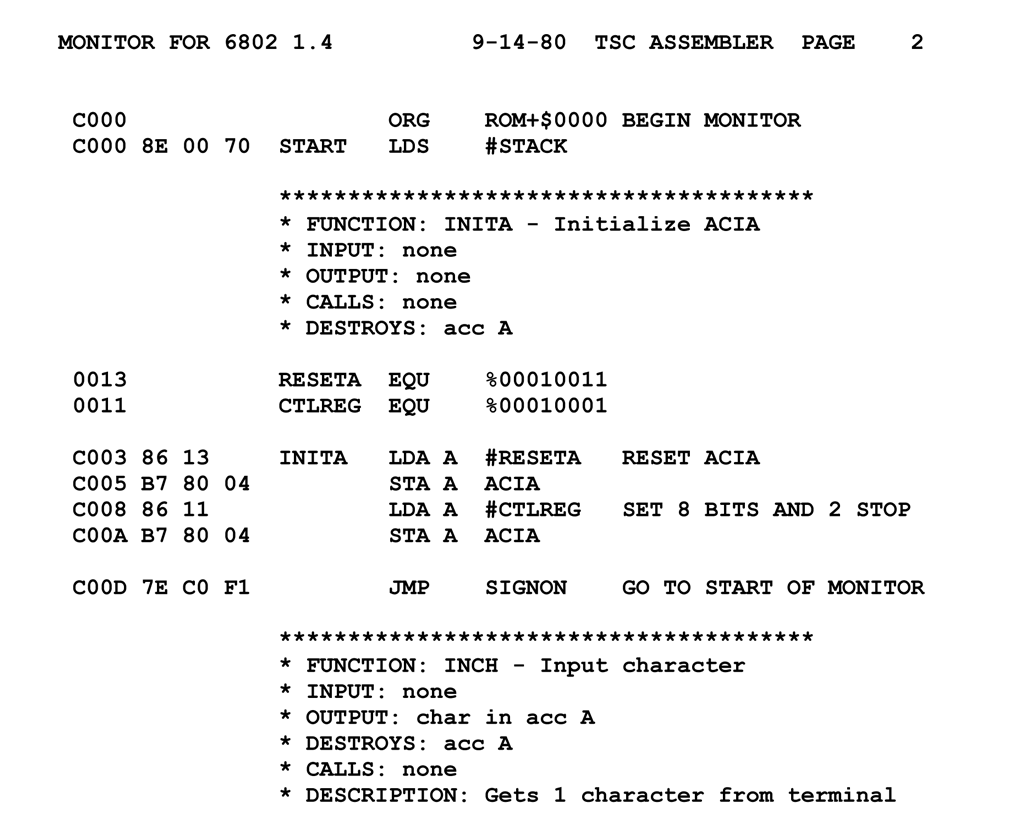
Assembly languages are programming languages directly interacting with a computer’s hardware. Programmers who design new programming languages or deal directly with the hardware often use assembly language.
Complex code may execute more quickly, thanks to assembly language. While creating programs in assembly language, programmers typically focus more on producing understandable, compact code.
As a result, these programs consistently outperform their HLL equivalents. For example, FlatAssembler is currently the quickest assembler.
Besides, KolibriOS is an OS built-in assembly code. It takes less than two seconds to boot up to the GUI desktop.
4. Go

Google created the open-source programming language Go. Programmers use it to develop various operating systems, web applications, and other software.
Go has become a prevalent language for creating microservices and other applications because of its quick startup time, minimal runtime overhead, and capacity to function without a virtual machine. It uses goroutines, lightweight processes, and packages for effective management.
Go supports the capacity to carry out several activities at once. It enables you to create code that executes many actions concurrently.
5. Lisp
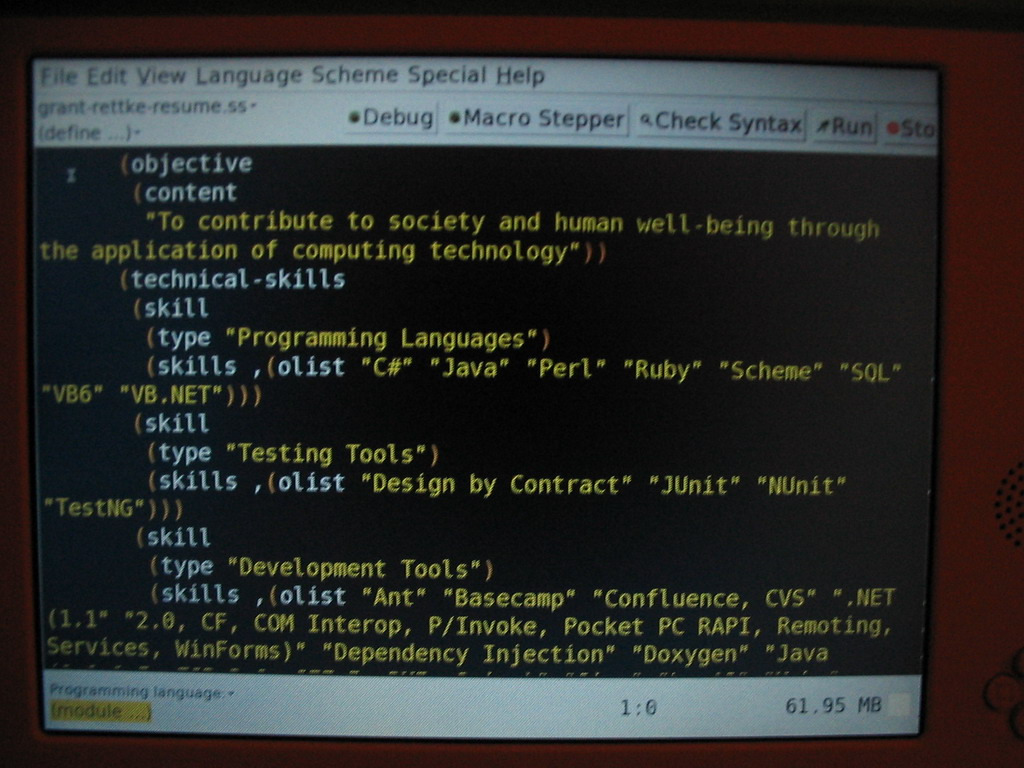
Lisp is a computer language built on expressions and functions. Every Lisp operation is a function. When execution, every function returns a data object as its value.
In addition to being a popular computer language, Lisp is a family of languages. Lisp was one of the first programming languages. It helped establish several computer science concepts.
6. Java
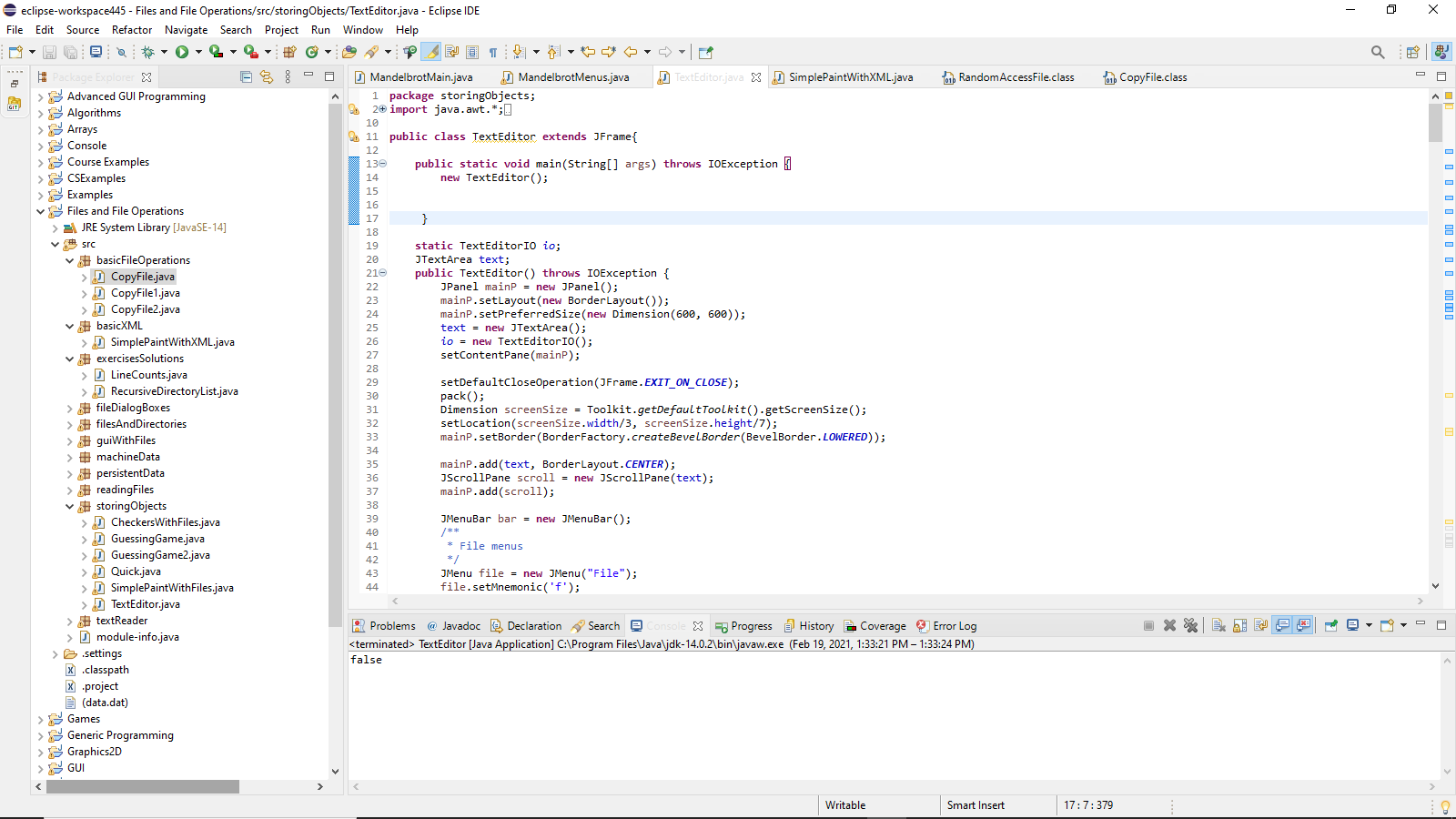
Java is also relatively quick. Java initially uses the compiler to turn source code into bytecode. The OS is then loaded with the byte code via the class loader. After that, Java’s bytecode validator inspects the bytecode for security flaws.
The byte code is finally converted into machine code by the execution engine. Because they must go through many stages during compilation, Java is comparably slower than other languages.
Nevertheless, it is still quicker than C# even if it uses the Java Virtual Machine. Programmers may switch from one operating system to another without requiring code modifications thanks to a virtual machine (VM).
7. Swift
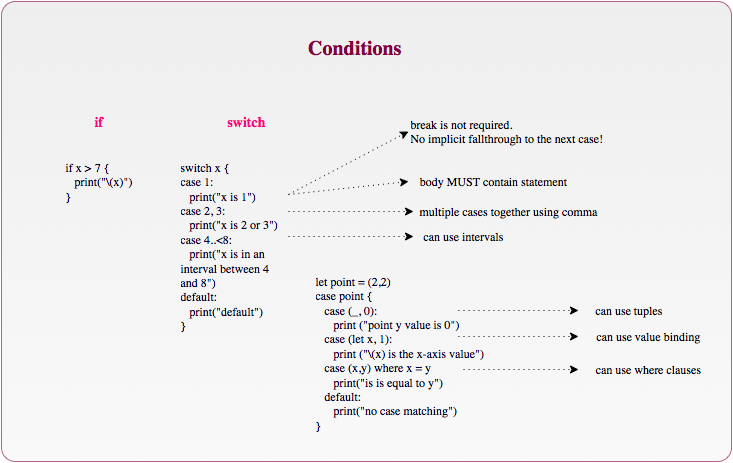
Swift is the most widely used for developing iOS and Mac OS X. However, its usage in other applications is beginning because it is also cross-platform.
Because Swift has a simplified syntax and grammar, it is simple to understand and write. It requires less code to do the same task.
The whole duty of monitoring and controlling the app’s memory use is handled by Automatic Reference Counting (ARC). It saves time and effort for developers.
As a result, creating iOS apps with Swift is often faster.
8. Julia
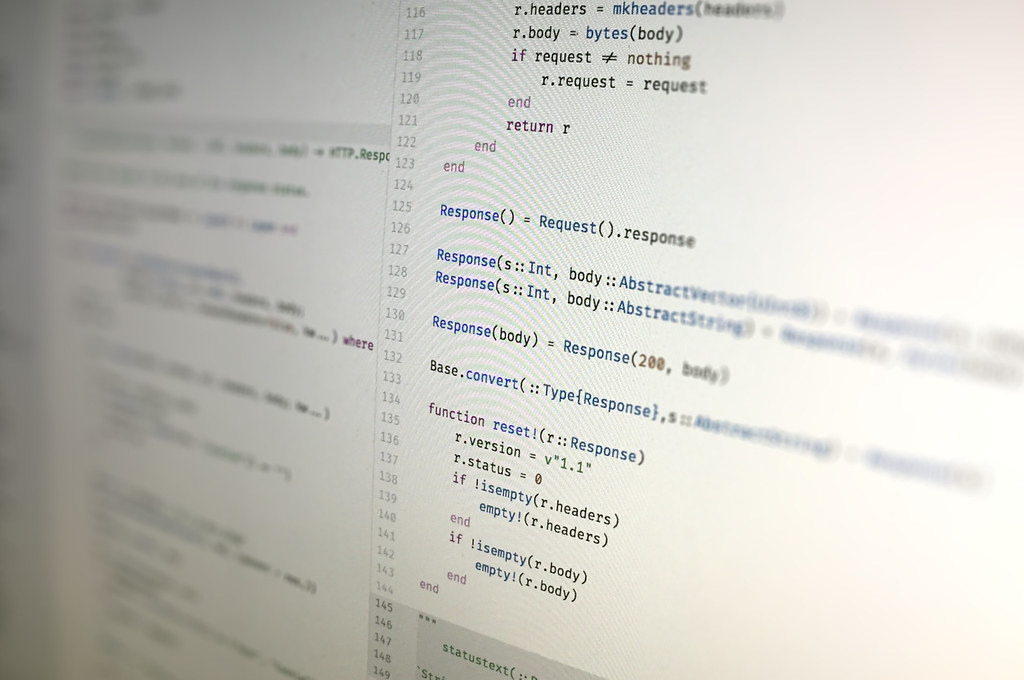
Julia is a fascinating and recently developed programming language. It is the best language for data mining, machine learning, and scientific computing.
Julia is intended to operate at the speed of the C language. It performs admirably in micro-benchmarks. Its syntax is unambiguous. Current data programming languages influence the syntax of Julia.
9. Ada
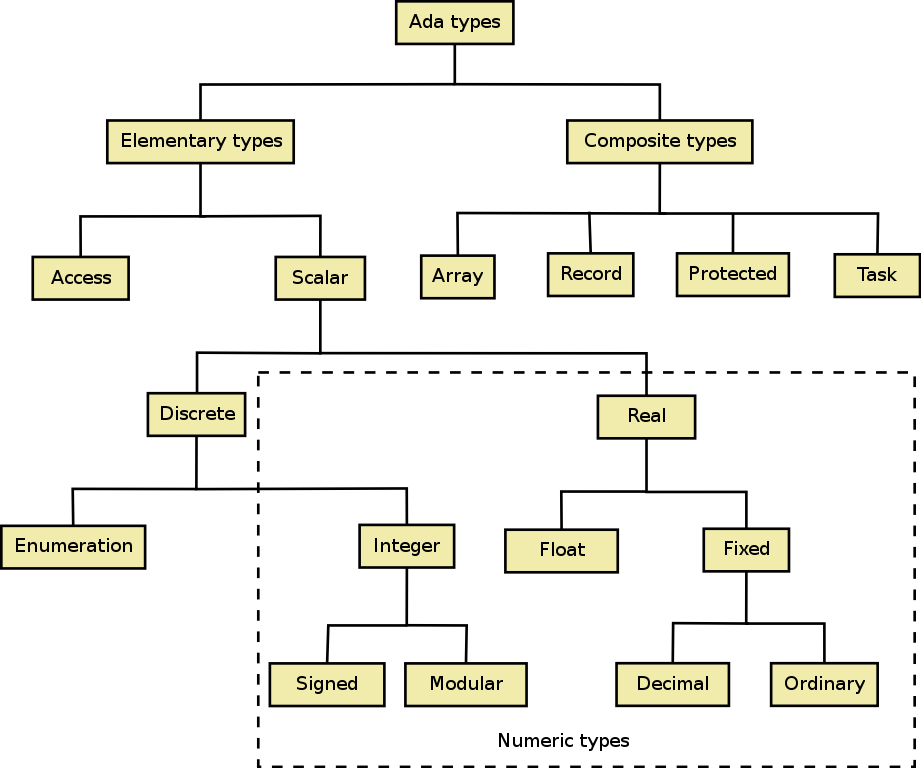
Ada is a high-level language that is object-oriented and static. It’s more dependable and allows concurrent programming.
It is a language that prioritizes program readability over writing simplicity. Ada supports structured, object-oriented, and concurrent programming.
While it is speedy, the security is not compromised. Ada compilers can more quickly find the flaws. According to some programmers, Ada-written programs run faster and with fewer defects.
10. Pascal
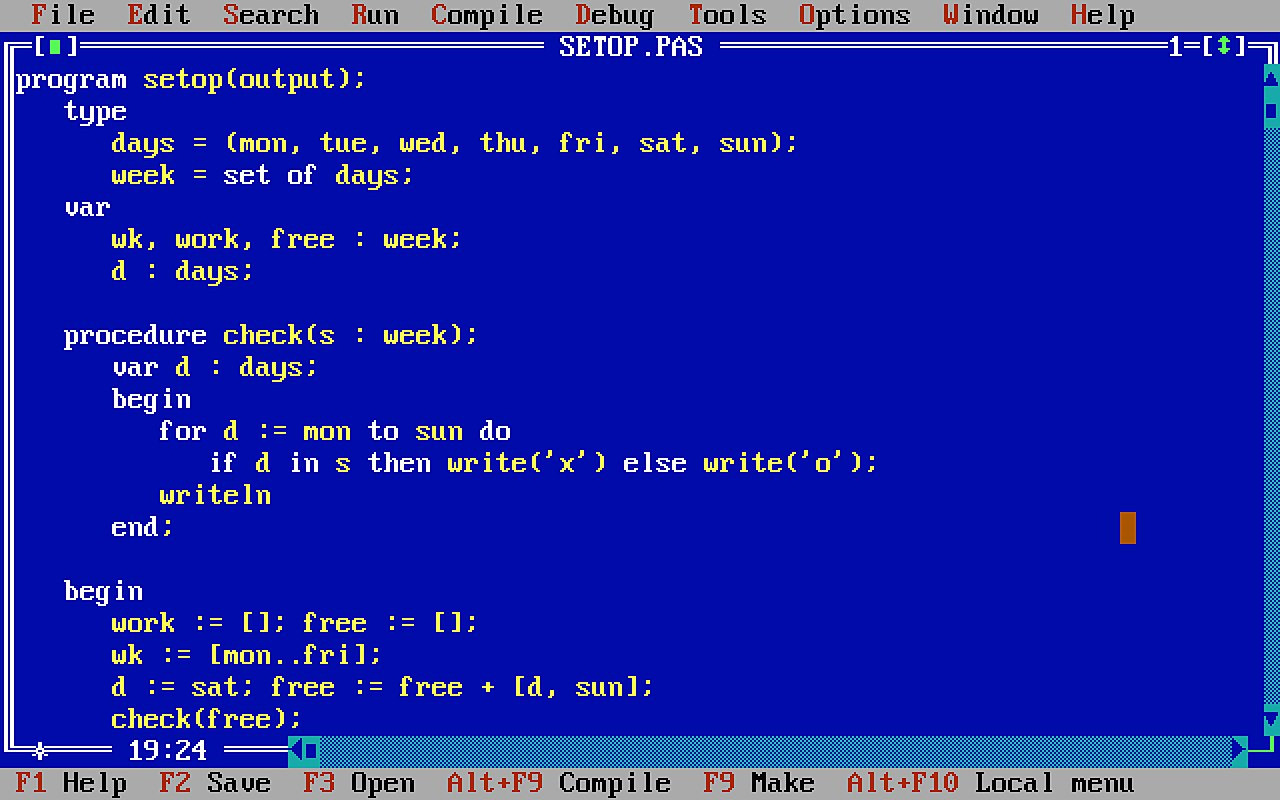
The procedural programming language Pascal offers data structures and structured programming to promote excellent programming habits.
Despite being a trustworthy and effective programming language, Pascal is mainly used to teach programming concepts.
Many programmers learn it as their first language. Pascal runs fast, but not faster than other languages on this list because it is statically typed.
Conclusion
Every programming language has a niche and is built for specific tasks. There will be instances when the other aspects of a programming language are more significant than speed when producing code.
I wish you luck in selecting a fast programming language for your work. Besides, mastering various programming languages helps advance your career.
Thank you for taking the time to read the post!
